With the news that Portugal is primed to make a significant push to return to the Formula 1 calendar, Motorsport Week asks: Can, or will, it be worthy of a slot on the coveted schedule?
Despite there now being 24 races compared to the usual 16 when it was previously a regular Grand Prix host, Portugal will be facing a battle to secure a place on the modern-day calendar.
It will need to prove its place, particularly as F1 has been making a concerted effort to ensure other continents and their respective markets are given a fair slice of the cake. This has been made more difficult due to the fact that Madrid has been chosen to host the Spanish Grand Prix.
But it is undeniable that the country did a sterling job of stepping in to host Grands Prix during the Covid-afflicted 2020 and ‘21 seasons. The Algarve International Circuit in Portimao, a now-frequent MotoGP venue, provided an ample amount of positives to put up a good show. This will enable the powers that be to, in the first instance, take its bid seriously.
And whilst Portimao is not the same circuit as Estoril – it gives F1 and its new breed of fans a chance to keep in touch with its past. And with good reason, as it was often the location of some memorable moments that are indelibly woven into the sport’s historic tapestry.
Estoril made its debut on the calendar in 1984, after a 24-year gap without a Portuguese Grand Prix, and it immediately set the scene for the culmination of a titanic title battle.
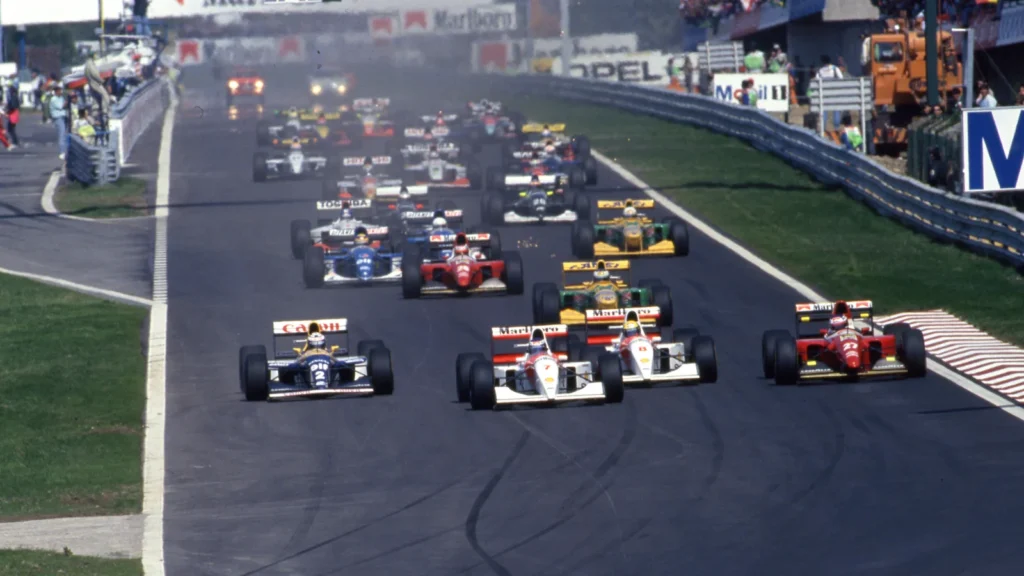
Not dissimilar to this year, it was a closely fought intra-team battle between McLaren’s Alain Prost and Niki Lauda. Prost had come close but was yet to be champion, with Lauda, who had returned to F1 after a three-year hiatus two seasons previously, looking to take his third title. Despite starting in 11th with Prost second, Lauda used all his experience and calmness to take second place, which, despite Prost winning the race, was enough to see the Austrian prevail.
A year later, it was a less dramatic race, but enough to have its own unique place in the record books. In a rain-sodden race, Ayrton Senna took the first of his 41 Grand Prix wins, famously unstrapping himself from his Lotus and waving both his arms out of the cockpit in jubilation.
Pivotal moments in other championship quests were made at Estoril. In 1989, a black-flagged Nigel Mansell took Senna out, handing an advantage to eventual champion Prost. Two years later, Mansell’s right rear wheel came free after a routine pitstop, handing him an uphill battle against Senna, who went on to be champion.
Two years after that, Prost claimed his fourth and final title at Estoril, in a gripping late-race battle with Michael Schumacher, who held on to take the race win, his second in F1.
The Estoril owners had a lax attitude towards improving the circuit’s facilities, which was what ultimately saw the track disappear off the calendar. After numerous times of asking for improvements, the FIA eventually had enough, and the scheduled race in 1997 was cut.
As Estoril perished, Portimao emerged, and the venue became a fan favourite when it was called upon to hold an F1 race when the COVID pandemic cancelled certain events in 2020. The inaugural race at Portimao provided numerous memories, beginning with a rain shower in the opening stages that saw Carlos Sainz, then with McLaren, surge into an unexpected lead at a time when the Woking-based squad was not a regular fixture at the sharp end as it is today. Sainz’s grip on first place wouldn’t last once the conditions settled, though, with Lewis Hamilton steering his Mercedes W11, adorned in an all-black colour scheme as a stand against racism and discrimination, to a 92nd win, surpassing the record he had shared with Michael Schumacher.
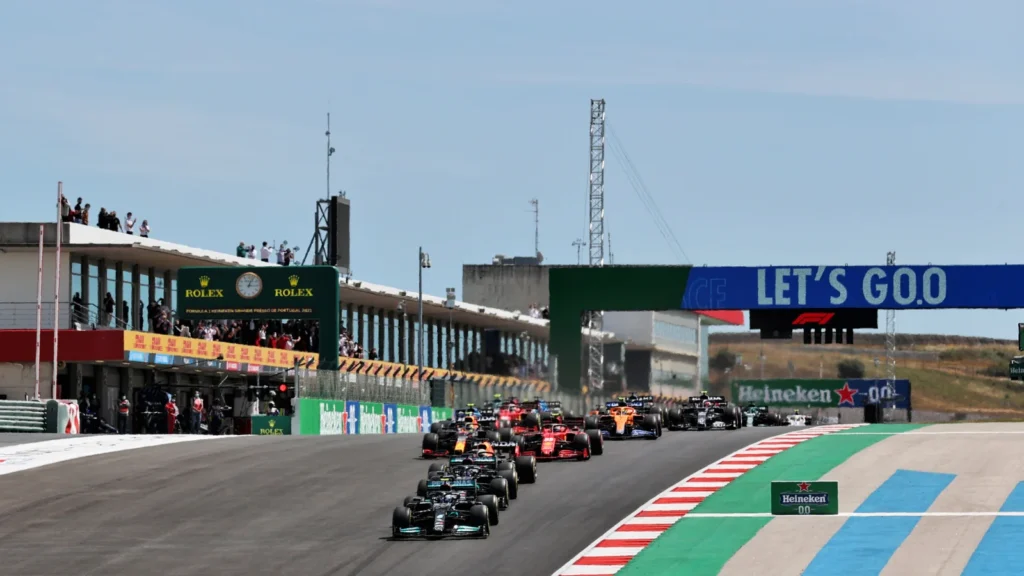
Hamilton, now a seven-time F1 champion, would replicate that seven months later when Portimao was included as the third round on the 2021 calendar. But while the sport hasn’t returned since then, the current government is seeking to change that in the coming years.
But is it a realistic proposition, and how could a Portimao comeback materialise?
Well, with widespread demand across the globe to host an F1 race, the sports bosses opened the door to a rotation system back in January 2021, and that has since been put into action.
The Belgian Grand Prix’s place on the calendar has been preserved until 2031 through a deal that will see the series continue to visit the popular Spa-Francorchamps circuit on a bi-annual basis past the 2027 season, skipping out 2028 and 2030. That arrangement could provide a blueprint that more European circuits subscribe to as F1 endeavours to explore new territories.
The Dutch Grand Prix at Zandvoort will disappear after 2026, while Imola has not been included on next season’s calendar as two races in Italy are no longer deemed feasible amid Madrid’s impending debut. The ‘Madring’ circuit will become the new home of the Spanish Grand Prix, but the Circuit du Barcelona-Catalunya will also hold a race as it has an existing deal in place.
Barcelona has signalled a desire to continue its long-standing association with F1. The rotation model could provide it with that chance. Likewise, Portimao and Imola are also contenders to host rounds in Belgium’s place should a European replacement be sought for those years. Regardless, Portugal’s presence, even on a bi-annual basis, would be very much welcomed.
READ MORE – Portugal ready to ‘formalise’ country’s return to F1 calendar
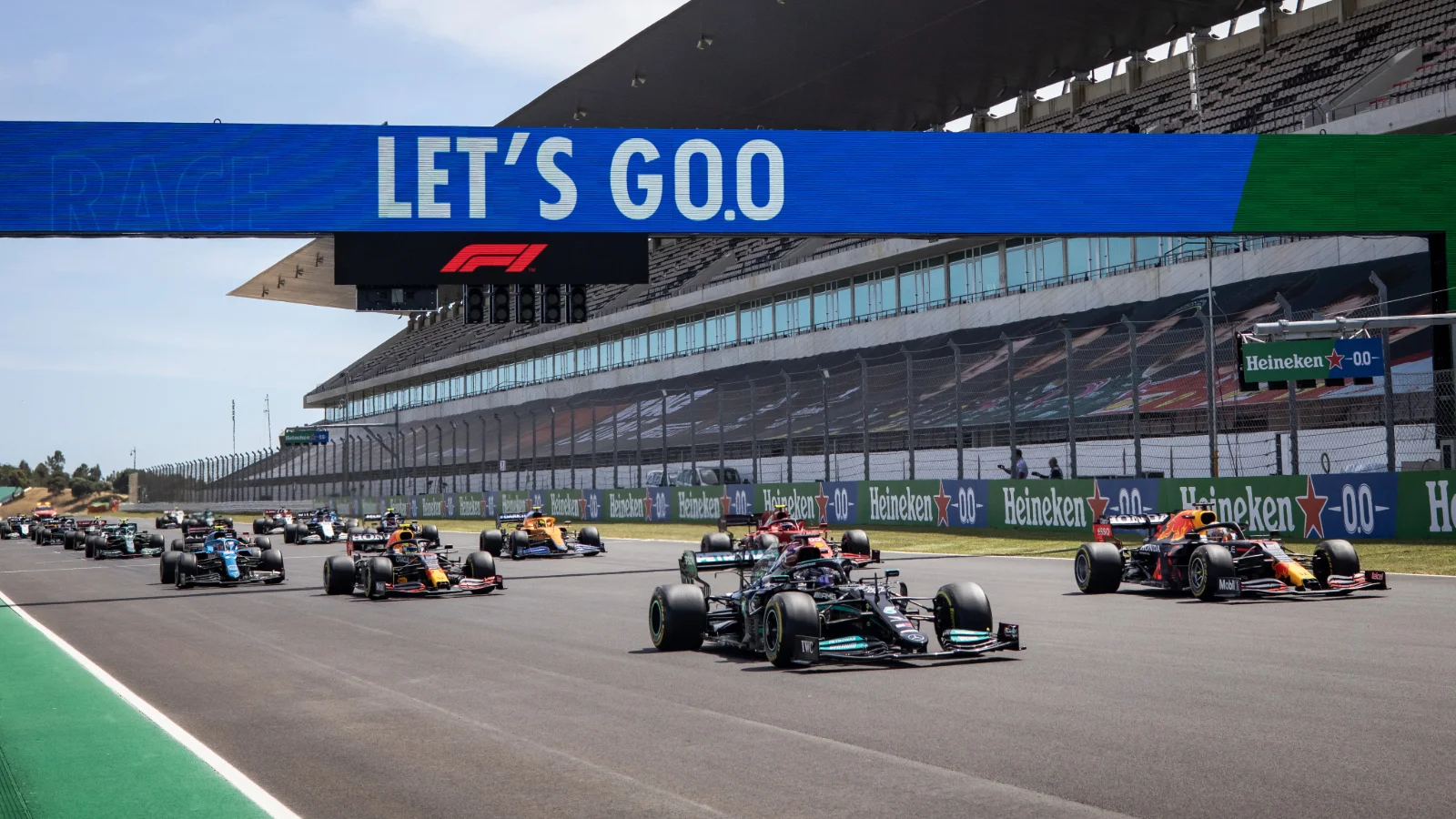


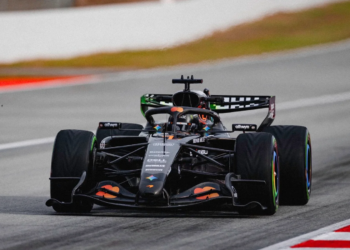
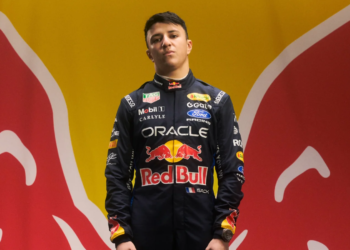


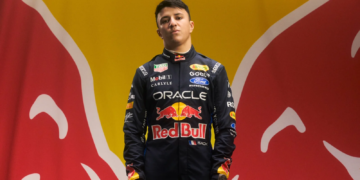
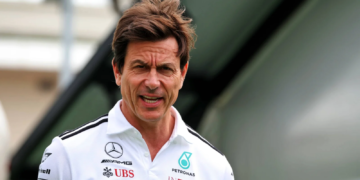
Discussion about this post